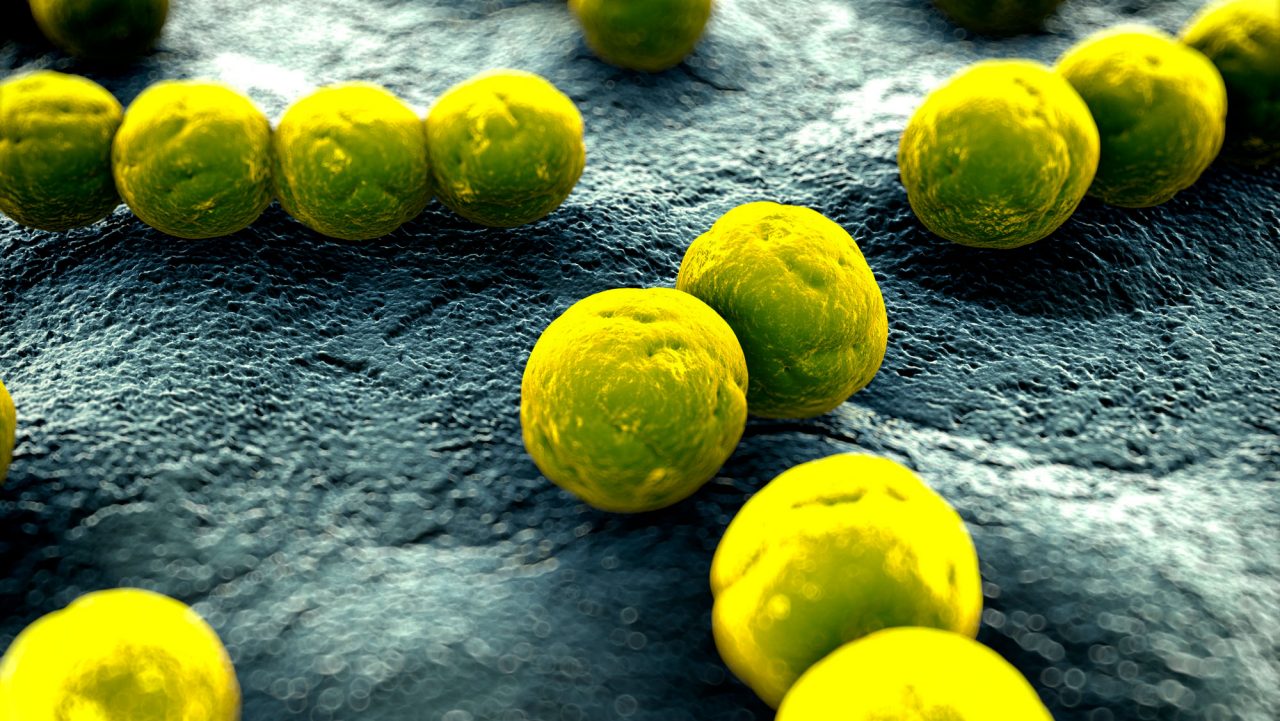Diseases Caused by Bacteria

Diseases caused by bacteria include common infections, such as food poisoning, skin infections, and even more dangerous illnesses like whooping cough.
Every day you come into contact with hundreds of millions of bacteria, many of which live on or in your body. Most of these bacteria are harmless or even beneficial. Certain types of bacteria, however, can cause infectious diseases.
Bacterial infections are generally spread from person to person when a sick person sneezes, coughs, vomits, or touches an object. Some bacterial infections, like cholera or E. Coli infections, are spread through contaminated food and water. Many sexually transmitted diseases (STDs) are bacterial infections as well, including gonorrhea and chlamydia.
YOU MIGHT ALSO LIKE: What Is E. Coli?
Diseases caused by bacteria
Many common diseases are bacterial infections.
Strep throat is caused when the bacteria streptococcus infects the throat. Its symptoms include sore throat, fever, and swollen lymph nodes.
Food poisoning is caused by foodborne bacteria, such as salmonella or E. Coli. It can cause vomiting, diarrhea, and stomach cramps, and severe cases may require hospitalization for dehydration.
Urinary tract infections, or UTIs, are caused by a variety of bacteria that infect the urethra, bladder, or kidneys. UTIs cause pain during urination, genital itching, and occasionally blood in the urine. They can affect people of any age, including small babies.
Many respiratory tract infections, such as bronchitis or sinusitis, are also caused by bacteria. These diseases are often airborne and spread through coughing and sneezing.
These common bacterial infections are generally not life-threatening unless complications, such as severe dehydration or a secondary infection, occur. You will often be able to recover from these illnesses after a few days of rest, fluids, and proper medical treatment.
Other bacterial infections, however, can be more severe or even life-threatening. These include pneumonia, an infection of the lungs; meningitis, which affects the tissue around the brain and spinal cord; pertussis, also known as whooping cough, an infection of the respiratory system; and Lyme disease, a dangerous bacterial infection spread through tick bites.
You may not know whether the infection you have is mild or severe until you are tested to find out what type of bacteria is causing it. Because of this, it is important to seek medical attention if you suspect you have bacterial infection symptoms.
Treating a bacterial infection
Bacterial infections are often treated with antibiotics, or antimicrobial drugs that fight bacteria.
Antibiotics work by either killing bacteria or preventing them from multiplying, allowing your body’s immune system to fight off an infection. The type of antibiotic your doctor prescribes will depend on the infection you have.
Because some antibiotics also attack the good bacteria in your body, you may experience side effects, such as diarrhea, nausea, and vomiting. This does not mean you should stop taking the antibiotics your doctor prescribes.
Instead, get as much rest as possible while you are recovering so that your body can fight the bacterial infection more quickly; stay well hydrated; and eat small, nutritious meals to limit the likelihood of vomiting. Your doctor may also recommend that you eat fermented food, such as yogurt, to help your body replenish its healthy bacteria and reduce your side effects.
Preventing diseases caused by bacteria
Many dangerous bacterial diseases can be prevented with vaccines, which should be administered throughout childhood and adulthood. In the United States, a specific schedule of vaccines is recommended by the American Academy of Pediatrics, which also has information on vaccine safety.
Not all bacterial infections have vaccines, however. For these infections, healthy habits are the best way to protect yourself and your family. Many diseases caused by bacteria are passed from person to person, so it is important to avoid contact with people you know are sick and to keep your children home from school if they are unwell.
Sexually transmitted bacterial diseases can be prevented by safe sex practices, such as using condoms or dental dams. You should not engage in unprotected sexual contact with someone who may have an STD.
Many bacteria live in feces, so proper handwashing after using the bathroom can prevent the spread of disease. Other bacteria can be found in raw meat or eggs, so always cook these foods through and wash any surfaces used to prepare them immediately after use. You should also thoroughly wash your hands both before and after preparing food, as well as before eating.
Remind children to practice good handwashing habits as well, and tell older children not to share food and drinks with friends or siblings. You should also try to prevent babies from putting their mouths on unsanitary objects, such as trash cans or shoes.
If you are concerned about protecting yourself or your family from bacterial diseases, talk to your doctor about how to prevent infection and stay healthy.
Updated:
March 26, 2020
Reviewed By:
Janet O’Dell, RN